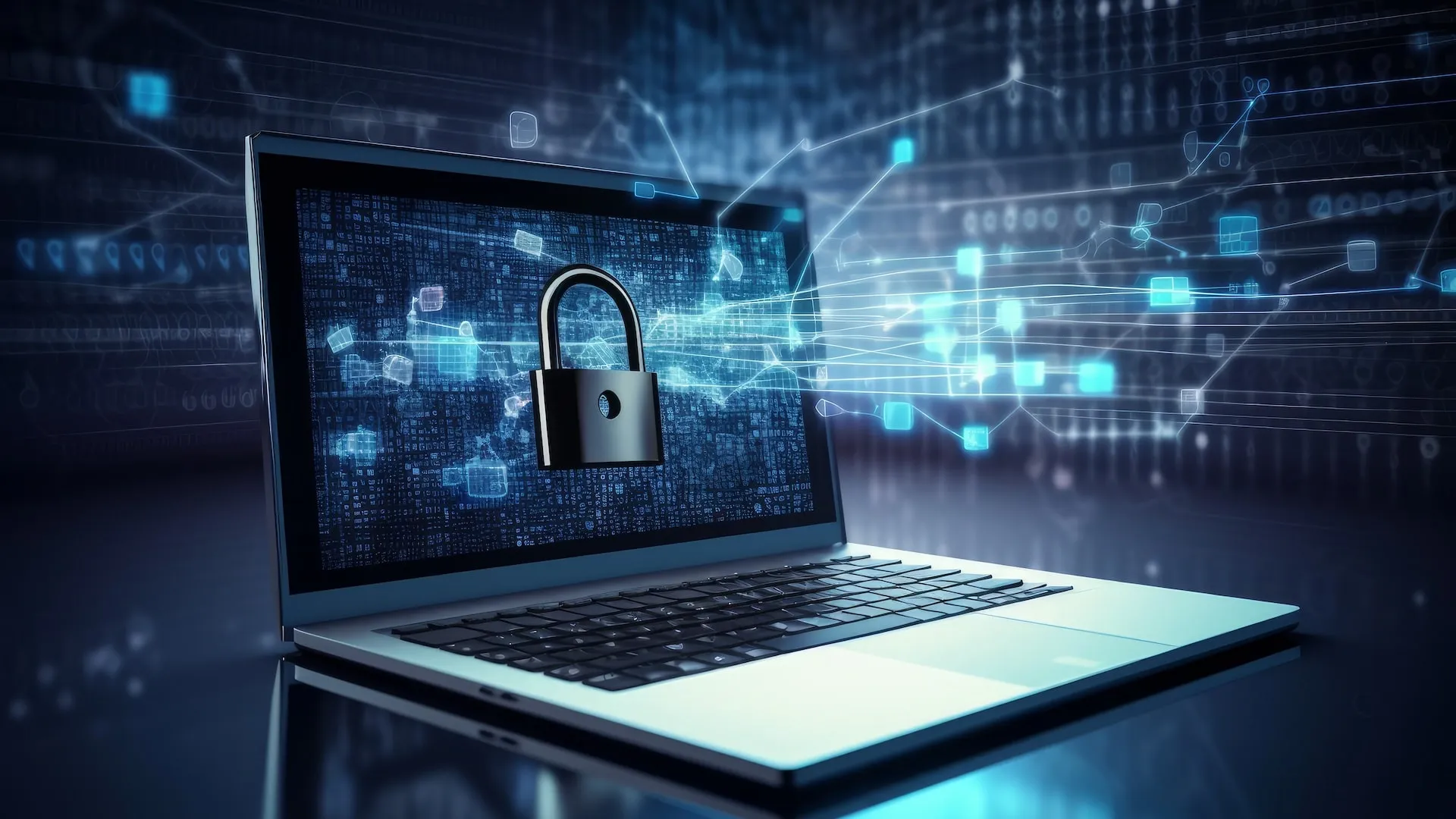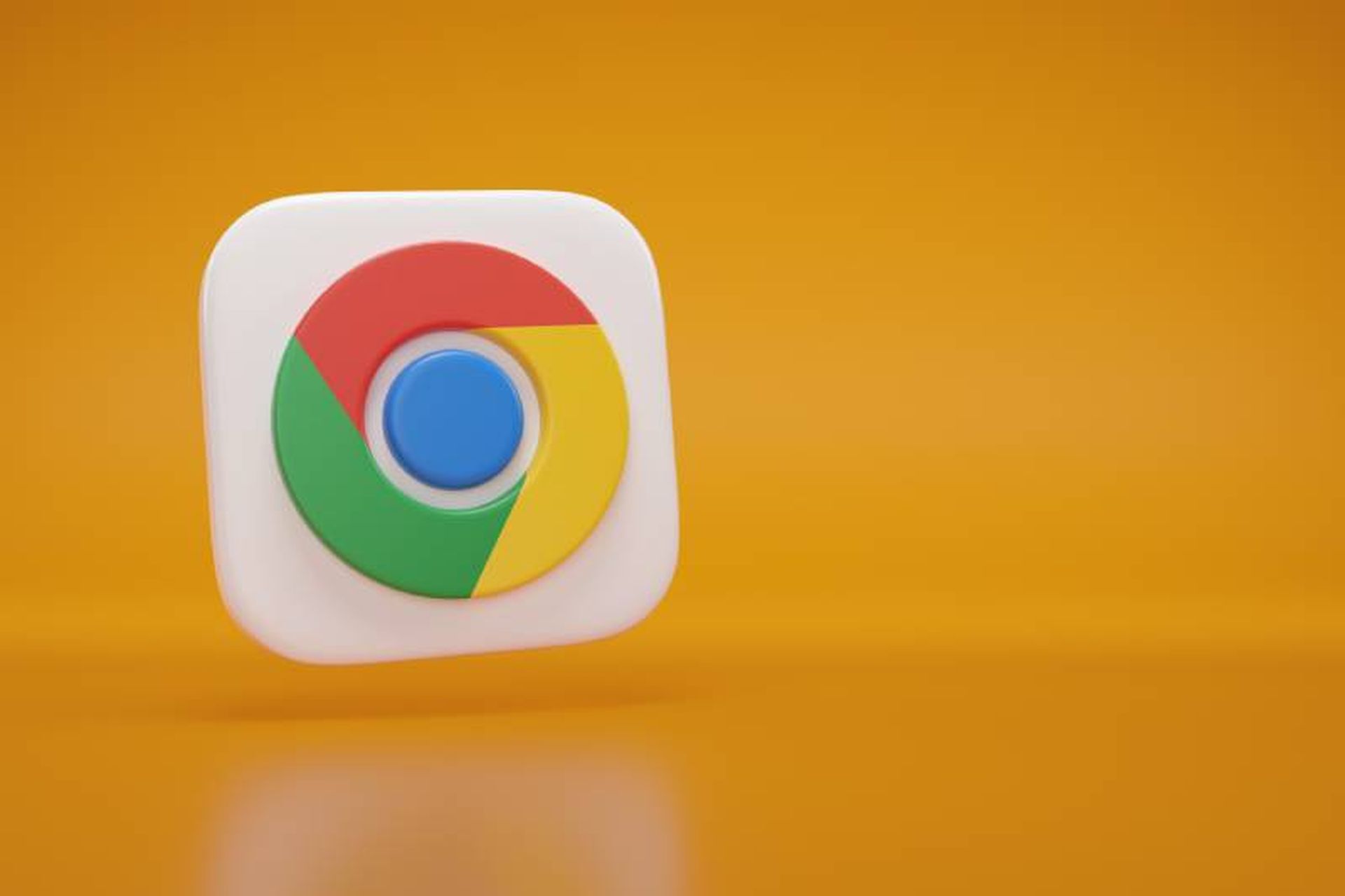There are a number of similarities between Smart Meters and the Internet of Things, and it would be interesting to compare these, as the first deployment of Smart Meters was over 10 years ago, while the deployment of Internet of Things has just started.
Both are about deploying millions of devices and require levels of management and associated services.
This should allows us to draw lessons from the implementation of Smart Meters that may help to illustrate what challenges the Internet of Things will face in the future.
There are common areas between Smart Meters and the Internet of Things:
- Communication infrastructure: all of these objects (Meters or Objects) must have a way to deliver information or to receive commands. This in turn defines what communication layer will be set up. Today energy companies have build their own communication infrastructure or rely on Telecom partners. The latter solution is still limited mainly due to cost and level of services guarantees; communication’s reliability is a critical need for the Utilities. In both cases, the solution interconnection mode is only hierarchical and as strong as the weakest component. The Internet of Things can only deliver full power if it can benefit from an efficient, reliable, flexible and cooperative communication infrastructure model.
- Data Tsunami: Smart Meters generates data volume without any comparison with the past. Management of data transfer and storage of these Smart Meters’ data generates new jobs in Utilities (collection management) and creates a radical change in both business processes and organization. Utilities have realized that this is now the new "Business as Usual". The introduction of the Internet of Things in an existing organization needs to be thought through at an early stage to address all impacts on its activities and be taken into account at the IT level. This gives an advantage to new comers that start from a green field.
- Big Data Analytics: Data is a wealth of information if you know how to use it. Analytics on Smart Meter data at the distribution network and customer level shows optimize processes (Power Failure Recovery), reshape services (Fraud Management, Demand-Response) or identifies new services (Energy erasing for residential customers). This requires creation of models and to build associated analytics. Internet of Things by its sensors proliferation will require innovative models in order to deliver all the potential value. Smart Cities for example would be one of the main beneficiaries.
- Customer interaction: The development of Smart Metering is revolutionizing customer interaction with Utilities. It created mistrust (see Safety point below) but also gives opportunity to change the type of relationship by accelerating digitalization. It changes the way customer interaction from a resource provider to a service provider position. Internet of Things will have to provide high quality services to build a trust relationship with their customer.
A domain which is important in both Smart Meters and Internet of Things is protection. It comes along several axes:
- Safety: with radio frequency communication layer, North America customers are becoming reluctant about installation of Smart Meters, which they consider being a risk for their health. Rightly or wrongly (depending on the technology used), this concern would have to be taken into account for Internet of Things generalization.
- Security: Whether using encryption for data exchanges or avoid any system intrusions to access to remote controls (disconnect Smart Meter), security is a major issue for massive deployment of Smart Meters. Internet of Things will be confronted to this major concern for example when health or Smart Cities services rely on the devices.
- Privacy: Data access and use of the data collected are subject to numerous debates regarding Smart Meters: you may deduct when you are eating, whether you are at home or not, etc ... The data is available, you simply need to interpret it. Internet of Things will have to provide answers to this question in order to avoid rejection in some cases.
There are still some differences between Smart Meters and the Internet of Things, among which are:
- Smart Meters regulatory environment is very strong, energy being managed at country level this area being considered as a national sovereignty stake. For the Internet of Things we can imagine that regulation will be less restrictive due to its global coverage. Although there will be some exceptions (e.g. Health),
- Standardization: There are no standards at present to get worldwide Smart Meter interoperability. This is related mainly to national regulation but also to a highly fragmented market in terms of suppliers. Internet of Things due to its global approach and worldwide companies, should find the market will generate standards that will facilitate its generalization.
- Mobility: by nature a Smart Meter is fixed. Part of Internet of Things will be related to fixed objects, although the majority of applications will be related to mobility.
In summary, Smart Meters actually appear as the first major operation which prefigures full scale deployment and operations of the Internet of Things.
It would be wise to take this first experience, even if it is not fully transposable, to draw lessons and prepare more effectively the future of our near future which will affect all areas of our day to day life: health, smart city, mobility, work, consumer usage, security, etc.
Thierry Batut is director of smart energy services at Capgemini.





